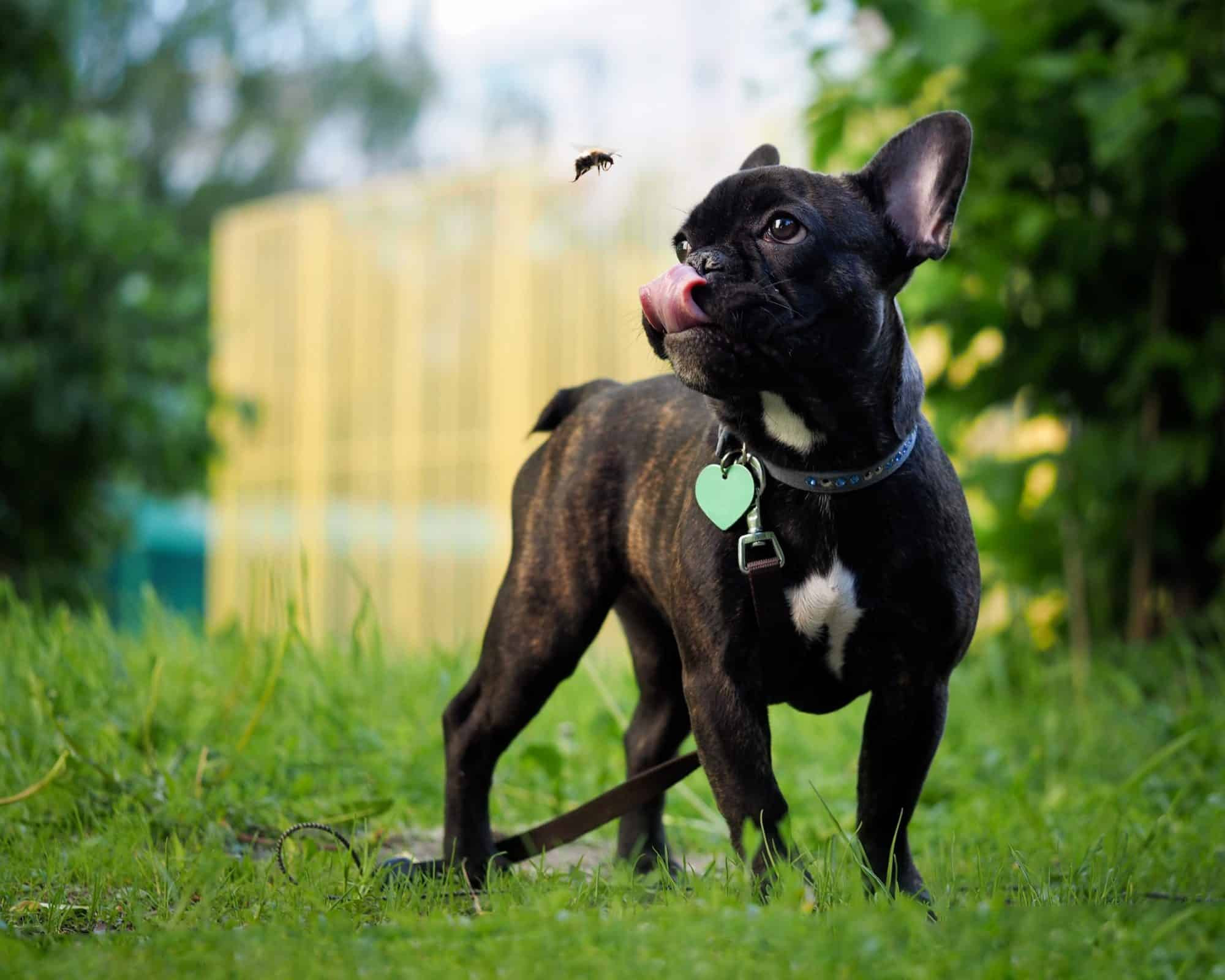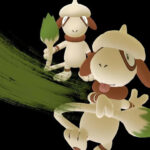 Auburn, CA dog eating fly
Auburn, CA dog eating fly
If you’re a dog owner, you’ve likely witnessed your furry friend eating some questionable things. Many dogs seem to have a less-than-discriminating palate, happily gobbling up anything in their path. This can include insects, and flies are a common target for many curious canines. At Bowman Veterinary Hospital, we often get asked by concerned pet parents: “Is it safe if my dog eats flies?” Especially when considering potential exposure to bug sprays.
With fly season often coinciding with warmer weather, it’s a relevant question. Let’s explore the topic of dogs and fly consumption to help you understand if this behavior is normal, potentially harmful, and what you should do if your dog develops a taste for these buzzing insects.
Why Do Dogs Eat Flies?
Dogs are natural scavengers, and their instincts drive them to explore and sometimes consume a wide variety of items. Chasing and snapping at flies can be a manifestation of their predatory drive. The movement of a fly can trigger a dog’s chase and capture instincts, similar to how they might pursue other small prey.
Beyond instinct, boredom can also play a role. A dog that isn’t sufficiently stimulated might turn to fly-catching as a way to entertain themselves. It can become a game, especially if they get attention for it. In some cases, persistent fly-eating might be linked to underlying behavioral issues like anxiety. Just like some dogs develop compulsive licking or chewing habits, others may fixate on catching flies as a way to manage stress or boredom. Providing ample physical exercise, mental stimulation through puzzle toys, and interactive play like fetch can help redirect this behavior.
Is Eating Flies Harmful to Dogs?
Generally, if your dog occasionally snacks on a fly, it’s usually not a cause for immediate alarm. A fly here and there is unlikely to cause significant health problems. Most flies are non-toxic and the occasional insect won’t harm your dog. However, there are a few things to consider regarding the safety of dogs eating flies.
Potential Dangers: Stinging and Poisonous Insects
While flies themselves are generally harmless, your dog’s indiscriminate insect consumption could lead them to ingest insects that are not. They might attempt to eat stinging insects like bees or wasps, resulting in painful stings, especially in the mouth or throat. Furthermore, though less likely to be confused with flies, dogs might encounter poisonous insects such as certain spiders like black widows or brown recluses, or even scorpions in some regions. Supervising your dog outdoors, particularly if they are prone to eating anything that moves, is crucial to prevent them from encountering potentially dangerous creatures.
The Pesticide Problem
A more significant concern arises from the potential for flies to have been exposed to pesticides. If flies have ingested or come into contact with insecticides, and your dog then eats those flies, they could be exposed to harmful chemicals. Pesticides are designed to be toxic to insects, and they can also be harmful to pets. Signs of pesticide poisoning in dogs can vary but might include vomiting, diarrhea, tremors, and lethargy. It’s always best to minimize the use of pesticides in and around your home. If you must use them, opt for pet-safe varieties and prevent your dog from accessing treated areas.
What to Do If Your Dog Eats a Fly
If you see your dog eat a fly, there’s usually no need to panic. Observe your dog for any signs of distress or illness, such as vomiting, diarrhea, excessive drooling, or lethargy. If they seem unwell, or if you suspect they might have eaten a fly that was exposed to pesticides or another harmful substance, it’s important to contact your veterinarian.
For dogs who habitually eat flies, consider whether boredom or anxiety might be contributing factors. Increasing their exercise and providing more mental enrichment can help redirect their attention away from fly-catching. If you are concerned about your dog’s fly-eating habit or have any questions, don’t hesitate to reach out to your veterinarian for advice. You can also contact Bowman Veterinary Hospital for guidance.
